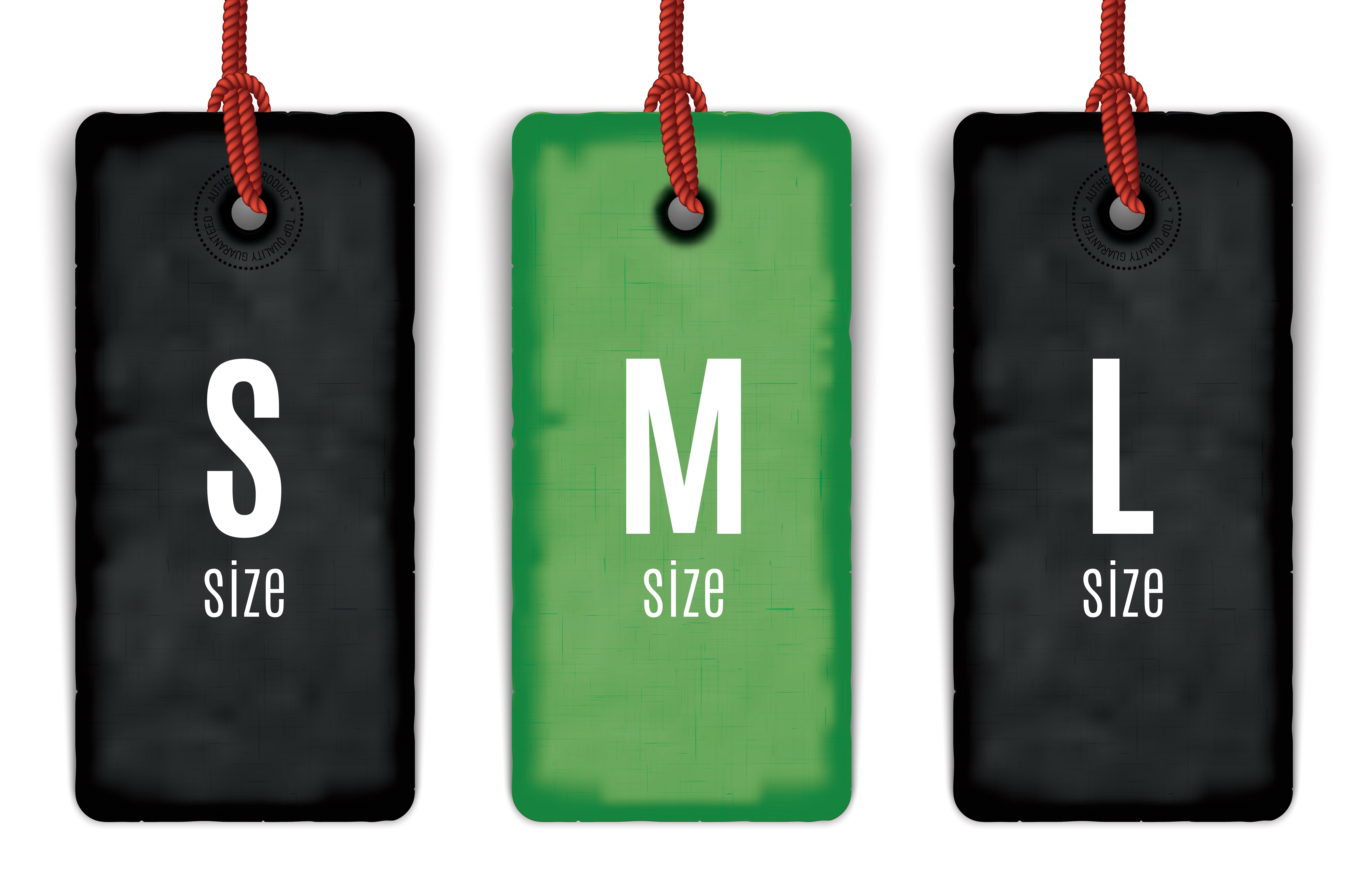If you have extra money – either in the form of a lump sum or some additional wiggle room in your budget – you might be torn between paying down debt or investing. There are some cases where this is a no-brainer, such as when you have high-interest credit card debt, but what if your only significant debt is a mortgage? Is it worth staying in debt and investing your extra money, or should you strive to eliminate as much debt as possible?
The central argument for investing instead of paying extra on your mortgage
The main argument when it comes to investing versus paying your mortgage down at an accelerated pace generally has to do with the mathematics of investment returns. From 1965 through 2022, the S&P 500 has returned an average of 9.9% annually, including dividends.1 Many people estimate a properly diversified portfolio of stock and bond investments could reasonably be expected to produce long-term returns in the 7% to 8% ballpark.
So, if you have a mortgage rate that is relatively low compared with your expected returns from your investments, we think the logical thing to do could be to continue to make the regularly scheduled payments on your mortgage and invest your excess cash.
Consider this simplified example. Let’s say that you just bought a $500,000 home and got a 30-year fixed rate mortgage with a 6% interest rate. You put 20% down, so your mortgage is for $400,000.
Now let’s say that you just inherited $400,000 and are wondering what to do with it. If you invest it and achieve 8% annualized returns, notwithstanding volatility, over the next 30 years, it could grow into about $4.03 million. Meanwhile, if you continue to make your mortgage payments as planned, you would pay a total of $863,353 in principal and interest over the 30-year loan term. That seems like a favorable trade-off to us.
Of course, not everyone receives an inheritance that can wipe out their entire mortgage, and there are other variables to consider, such as the present value of the $4 million expected value, but the point is that from a long-term mathematical perspective, there’s a solid argument in favor of investing instead of paying off a mortgage faster in this example.
However, as is the case with most financial decisions, it isn’t always as simple as it seems.
The mathematical case isn't perfect
One major flaw with the "mathematical returns" argument is that investment returns are not linear. Not even close. If you knew that your investment portfolio would return 8% per year, every year, investing instead of accelerating your mortgage repayment would be more of a no-brainer, especially if you have a mortgage rate of less than 4%, as is the case for 62% of American homeowners with a mortgage.2
The reality is that investment returns can be extremely lumpy and all investment involves risk and can lose money (including principal). Just looking at the period from 1965 through the end of 2022, the S&P 500 produced a 9.9% compound annual gain for investors.3 However, in any single year during that same time period, the benchmark S&P 500 index’s total returns have been as high as 37.6% or as low as negative 37%. The index has produced negative total returns in 13 individual years in that time period.4
Meanwhile, your mortgage rate doesn’t change (assuming you have a fixed-rate loan). So, let’s say that you’re debating whether to use $50,000 you have in savings towards your mortgage or to invest it, and you choose the latter – only for the market to crash by 35% over the next year. You still have to make your mortgage payments, even though your investments have declined sharply.
Other considerations before making a decision
The decision of whether to pay your mortgage down aggressively or invest in the market has a lot to do with your personal financial situation, in addition to the mathematics. With that in mind, there are a few other considerations that might make one of the options seem even better.
First of all, if you have other debts with higher interest rates than your mortgage, they should take priority. Now, there’s still a solid argument to be made for investing while carrying an auto loan with a 5% interest rate, but if you have extra money and are considering debt reduction, the point is to focus on your highest-rate debts first. Especially if you have credit card debt. It’s difficult to justify making an extra mortgage payment while you have credit card debt, especially since the average credit card interest rate is nearly 25%.5
There’s also a liquidity concern. If you pay down your mortgage, you’re increasing your home equity, but equity is a rather illiquid asset. If you need to access the cash in an emergency, you may need to obtain a home equity loan or sell your house. On the other hand, while it isn’t desirable, investments like stocks and ETFs can be quickly liquidated if you need them.
It’s also important to consider where you’re investing. If you have the capacity to put your extra money into a tax-deferred retirement account like an IRA, and can get a tax break in the process, it makes the investment option significantly more appealing. Think of it this way – if you’re in the 32% tax bracket, a $5,000 traditional IRA contribution can potentially save you $1,600 on your taxes this year. That could be considered an immediate 32% return on your investment in addition to any future investment gains.
If you itemize deductions, you can also deduct the interest you pay on your mortgage on up to $750,000 in principal.6 This effectively lowers your interest expense even more than your mortgage’s nominal interest rate implies.
Another potential factor to consider is whether you’re paying mortgage insurance. On conventional loans, you can typically request to drop mortgage insurance once your loan is paid down to 80% of the original purchase price. Mortgage insurance generally costs between 0.5% and 1.5% of the loan amount per year, according to The Mortgage Reports,7 so on a $400,000 loan, dropping mortgage insurance can result in $2,000 to $6,000 in annual savings, and can make paying your loan aggressively worthwhile – at least until you reach the important 80% level.
It's also worth noting that, so far, we’ve only mentioned cases where a mortgage rate is very low. If you have a 3% mortgage rate and believe you can reasonably expect 8% annualized returns on your investments, we think it’s a much more logical choice to invest your extra money than if your mortgage rate is 7.5%. Sure, the math is in your favor a bit, but it isn’t exactly a no-brainer.
Mathematics aside, there’s also the peace-of-mind aspect of debt repayment to consider. In simple terms, some people are more comfortable with hundreds of thousands of dollars of mortgage debt than others. If reducing your debt helps you sleep better at night, the fact that you have a 4% mortgage rate might not compel you to leave the debt as-is.
What is the best decision for you?
To be sure, if all of your higher-interest debts are paid off, using your extra cash to pay down your mortgage or add to your investment portfolio are both solid financial decisions. But depending on your unique circumstances, one could be a more financially appealing choice than the other. Just keep in mind that it’s not as simple a decision as it might appear.
Related tags
Financial Planning Investing Retirement Alternative Investments Financial Education Financial Literacy
Like what you're reading?
Join the thousands of readers getting stories like this delivered straight to their inbox every Thursday — for free. Give it a spin, enter your email to sign up.
Footnotes
[1] Berkshire Hathaway, 2022 Letter to Shareholders, Feb. 25, 2023.
[2] Redfin, "Nearly Everyone With a Mortgage Has an Interest Rate Below 6%, Prompting Many to Stay Put," June 14, 2023.
[3] Berkshire Hathaway, 2022 Letter to Shareholders, Feb. 25, 2023.
[4] Berkshire Hathaway, 2022 Letter to Shareholders, Feb. 25, 2023.
[5] Lending Tree, Average Credit Card Interest Rate in America Today, Nov. 17, 2023.
[6] IRS, Publication 936 (2022 edition), Accessed Dec. 8, 2023.
[7] The Mortgage Reports, "How much is mortgage insurance? PMI cost vs. benefit," Feb. 16, 2023.
Related Articles

Should You Have Bonds in Your Investment Portfolio?
88%. That’s the percentage of return that comes from asset allocation for most investors.1 So it’s...

Investing in Mid-Cap Stocks During Turbulent Times
Do you have mid-cap stocks in your portfolio? Maybe you don’t know because there isn’t a uniform...

Small Business Owners: 3 Common Retirement Mistakes to Avoid
If you’re like most small business owners, then your business is probably your baby…and likely...
